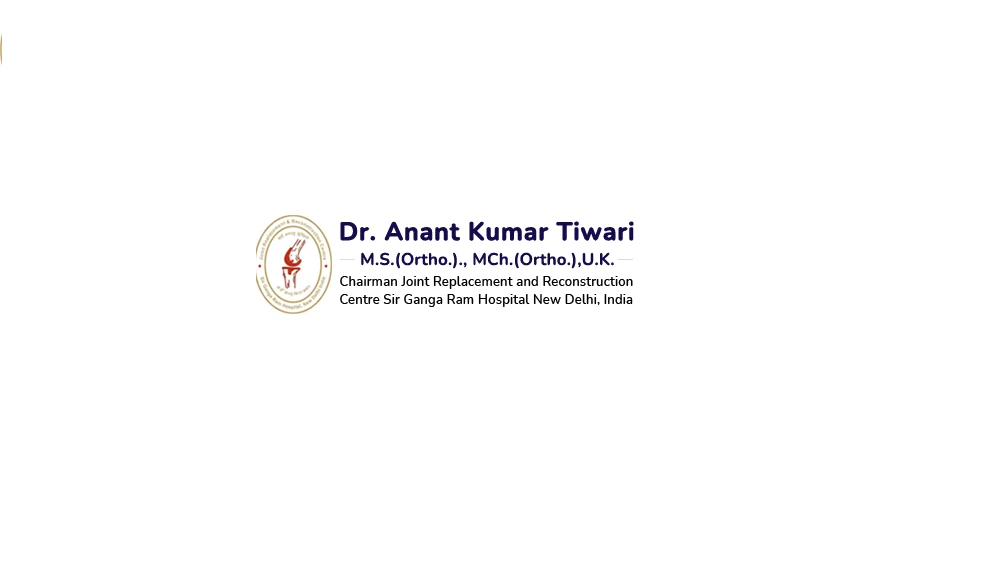Understanding Postmenopausal Osteoporosis:
As women enter postmenopause, a sharp decline in estrogen levels leads to hormonal shifts that can significantly impact bone health. One of the most serious consequences is osteoporosis, a silent condition that weakens bones over time. Often, the first warning sign is a fracture in the hip, spine, or wrist, usually after a minor fall.
Because osteoporosis typically progresses without symptoms, regular bone density tests are crucial for early detection—especially for women over 50. These tests help identify bone loss before fractures occur, enabling timely and effective treatment.
What is Postmenopausal Osteoporosis?
Postmenopausal osteoporosis affects millions of women worldwide. It occurs due to a drop in estrogen, which plays a key role in maintaining bone density. The resulting imbalance between bone breakdown and formation leads to porous, fragile bones.
Without early detection and intervention, the condition may go unnoticed until a serious injury occurs. That’s why proactive bone health management is vital during and after menopause.
Preventing Osteoporosis: What You Can Do-
The Good News is That Osteoporosis is Often Preventable. Key Strategies Include:
- Weight-bearing exercises (e.g., walking, dancing, strength training)
- Adequate calcium and vitamin D intake
- Lifestyle changes like quitting smoking and limiting alcohol
- Medications when needed, based on individual risk factors
Understanding your personal risk factors—such as family history, past fractures, or low body weight—can help you make informed choices and discuss prevention strategies with your doctor.
Risk Factors for Osteoporosis:
- Decreased estrogen levels post-menopause
- Age (especially women over 50)
- Family history of fractures or osteoporosis
- Small body frame (lower natural bone mass)
- Nutritional deficiencies (calcium, vitamin D)
- Sedentary lifestyle
Signs & Symptoms to Watch For:
- Fractures from minor falls
- Loss of height over time
- Persistent back pain
- Stooped posture (kyphosis)
- Decreased grip strength
- Changes in dental health (jawbone loss)
Effective Treatment Options Available in Delhi:
- Bisphosphonates – Slow down bone loss
- Hormone Replacement Therapy (HRT) – Supports estrogen levels
- Calcium & Vitamin D supplements – Essential for bone strength
- Denosumab (Prolia) – Injectable option for those intolerant to bisphosphonates
- Abaloparatide – Daily injection for high-risk women (limited to 2 years)
- Romosozumab – Monthly injection blocking bone loss (for high fracture risk)
Trusted Care in Delhi: Dr. Anant Kumar Tiwari-
At Sir Ganga Ram Hospital, Dr. Anant Kumar Tiwari—a highly experienced joint replacement surgeon in delhi with over 38 years in the field—provides advanced osteoporosis treatments tailored to each patient. With his compassionate approach and clinical expertise, you’ll receive:
- Personalized risk assessment
- Modern diagnostic tools
- Evidence-based treatment plans
- Long-term support for bone and joint health
Don t ignore the silent threat of osteoporosis. Find effective osteoporosis treatment in Delhi for postmenopausal women and secure your bone health today.


